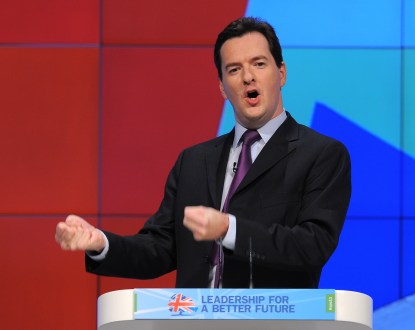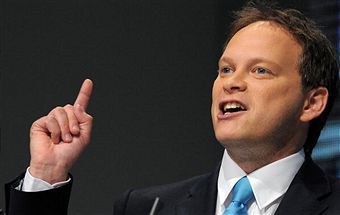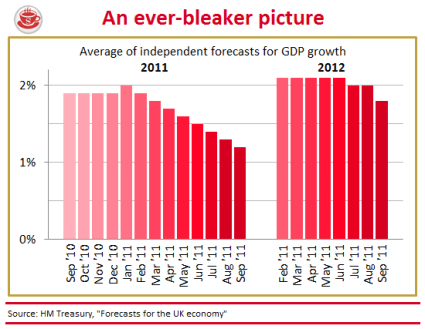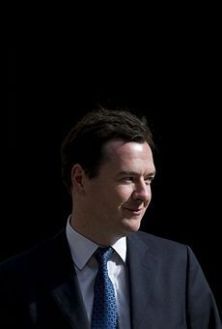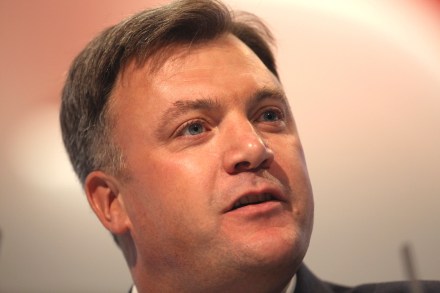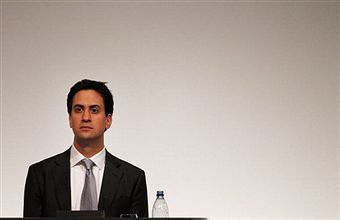Full text of Osborne’s conference speech
Today, all around our country – indeed, all around the world – people are anxious, worried about their jobs, their families, how they’re going to pay the bills. I come to you with words of resolve, determination, confidence and belief. Belief that the British people will overcome this challenge as we have overcome so many before. Together, we will ride out the storm. I don’t want anyone to underestimate the gravity of the situation facing the world economy. But I also don’t want anyone to think that the situation is hopeless; that there is nothing we can do. Yes the difficulties are great.
